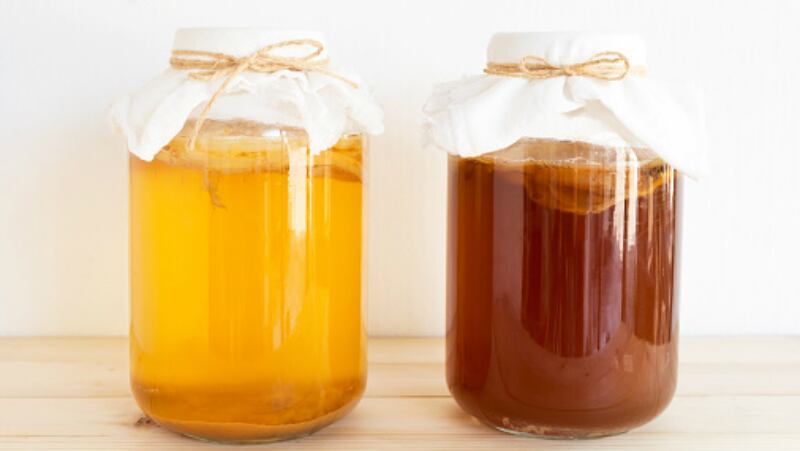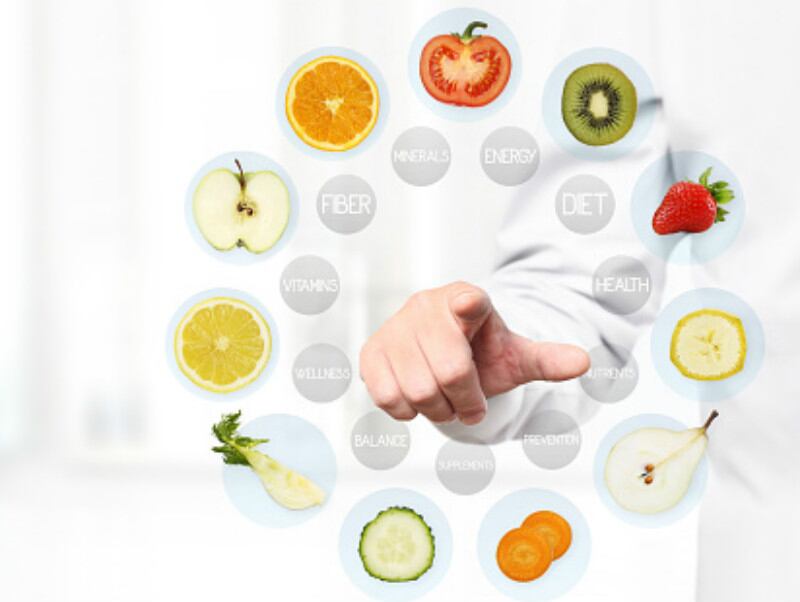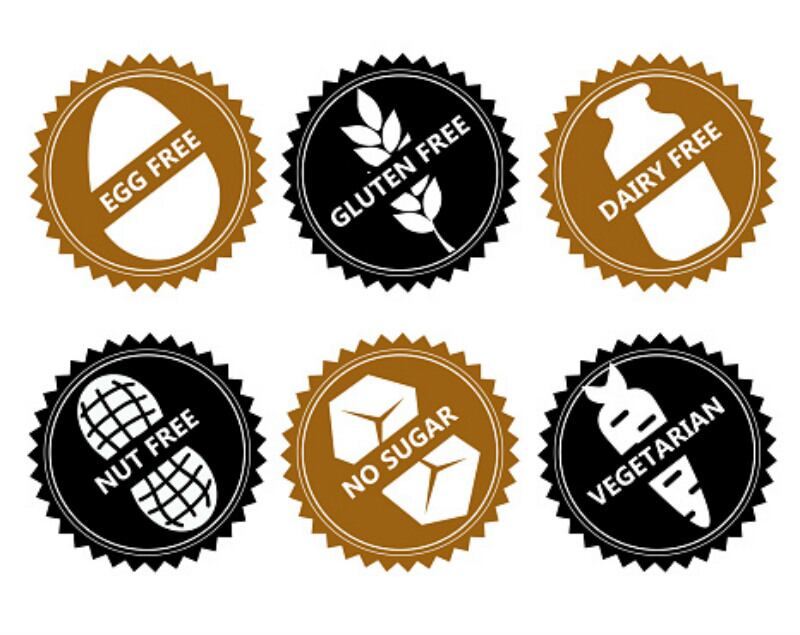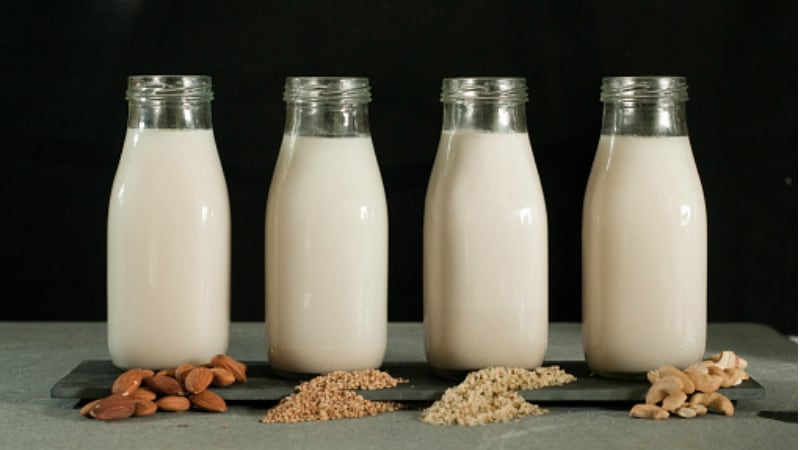The study was conducted by the Department of Health and Human Services, Victoria across 2017 and 2018, and comprised fermented beverages samples from the five Australian territories of Victoria, Queensland, New South Wales, Tasmania and South Australia.
According to the FSANZ’s Australia New Zealand Food Standards Code, beverages need to contain ‘no more than 1.15% alcohol by volume (ABV)’ and ‘not be labelled or otherwise presented for sale in a form which expressly or by implication suggests that the product is an alcoholic beverage’ for these products to be considered ‘non-alcoholic beverages’ or ‘brewed soft drinks’.
Fermented beverages fall under the ‘brewed soft drinks’ category. For any of these containing between 0.5% ABV to 1.15% ABV, FSANZ has also required that a statement of alcohol content be provided.
The results showed that 20.8% of all the fermented beverages sampled contained an alcohol content greater than or equal to 1.15% ABV and carried no relevant labelling, therefore were classified as non-compliant with current FSANZ regulations.
The majority of samples (44.8%) had less than 0.5% ABV and 32.8% had between 0.5% and 1.15% ABV, but the health department still expressed concern over the non-compliant 20.8%.
“These results raise a number of public health and safety concerns, particularly for population groups who do not wish to consume alcohol for health reasons or otherwise,” it said.
Beverages that underwent secondary fermentation processes (to produce effervescence) were found to have a higher likelihood of an increase in alcohol content as compared to those that underwent direct carbonation processes.
Similar findings were also seen for beverages that contained untreated flavourings (e.g. fresh herbs) or additional sugars (e.g. syrups or cordials). The likelihood for these to show an increase in alcohol content was higher as compared to other drinks using treated/processed flavourings.
In addition, the New South Wales (NSW) Food Authority revealed separate findings focusing on the state. The agency had tested 94 products, and found that 25% of all samples in NSW contained greater than 1.15% ABV.
Further to this, 15% of all alcohol-containing beverages in the state were found to not contain any form of alcohol warning.
“There are a number of risks associated with undeclared/inaccurate declaration of alcohol,” said the agency.
“[These include] risks to consumers such as pregnant women; people using prescription medicine where alcohol may interfere; drivers [and] workers requiring a zero blood alcohol reading; children and youths; and those living in dry communities.”
Alcohol regulations in Australia
The findings of both studies were discussed at the Fermented Beverages Stakeholder Roundtable held by the Australian Government Department of Health earlier this year, which was attended by fermented beverage manufacturers such as Mojo Beverages, its parent company Coca-Cola, The Good Brew Company, Liberty Kombucha and more.
In addition to the result, the Department of Health also emphasized the need for the various companies to be more ‘familiar with the various Liquor Acts where their products are sold’.
“The majority of jurisdictions, under their Liquor Acts, define liquor as being a beverage that contains more than 1.15% ethanol by volume,” it said.
“However, in Queensland, Tasmania and Victoria, beverages containing more than 0.5% alcohol by volume are considered alcoholic (or a liquor).
“Producers must know the level of alcohol that is contained in their products and comply with relevant legislation and standards from production through to retail.”
Overall, the roundtable concluded that if beverages contain alcohol ‘in excess of 0.5 or 1.15% ABV (depending on the jurisdiction), they need to be regulated as an alcoholic beverage, and licensing requirements will apply’.





